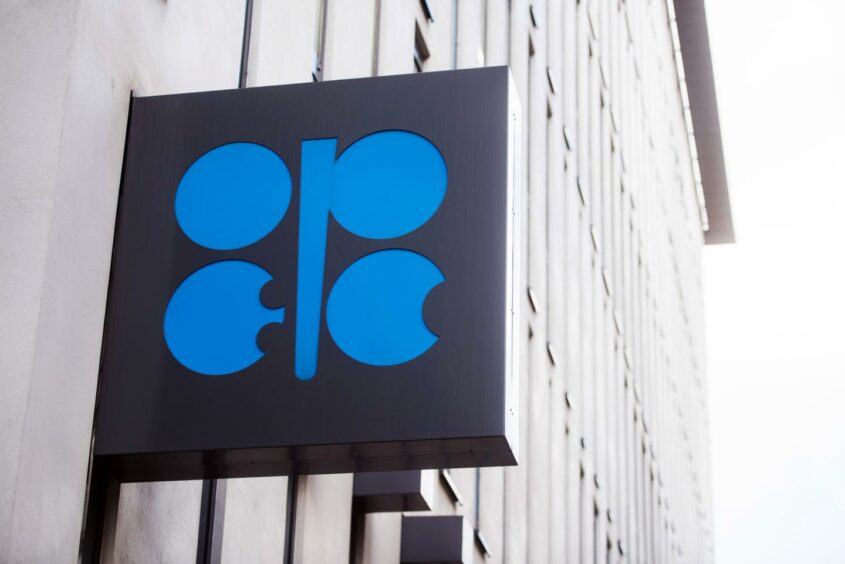
OPEC+ signaled it will stay the course as group leader Saudi Arabia extends a production cut aimed at shoring up global oil markets.
A monitoring committee comprising the kingdom and other key OPEC+ nations recommended no changes to the coalition’s supply policy at an online meeting on Friday, according to a delegate, who asked not to be named because the information was private.
Riyadh announced on Thursday that it will extend a unilateral cutback of 1 million barrels a day into September — and potentially deepen the reduction after that — to support a fragile market. Crude prices are trading near a three-month high above $85 a barrel in London, yet fears over China’s economic rebound cloud the demand outlook.
Major consuming nations have criticized the Saudis for constricting output when oil markets are already on track to tighten significantly, warning that a renewed inflationary spike would inflict more pain on consumers.
The kingdom is getting some assistance from fellow OPEC+ member Russia, which is finally delivering on pledges to curb its supplies. Moscow announced on Thursday it will also continue export restraints into September, but taper them slightly to 300,000 barrels a day.
The current effort is largely confined to the two OPEC+ leaders: several other nations among the Organization of Petroleum Exporting Countries and its partners are pumping below their assigned quotas and unable to cut further, plagued by inadequate investment and political instability.
Defending the oil market has come at a cost for the Saudis, requiring them to slash output to a two-year low near 9 million barrels a day. The kingdom suffered the sharpest downgrade to economic growth projections by the International Monetary Fund, which sees the country expanding by just 1.9% this year, a fraction of its performance in 2022.
The full 23-nation OPEC+ alliance is due to meet in late November.
